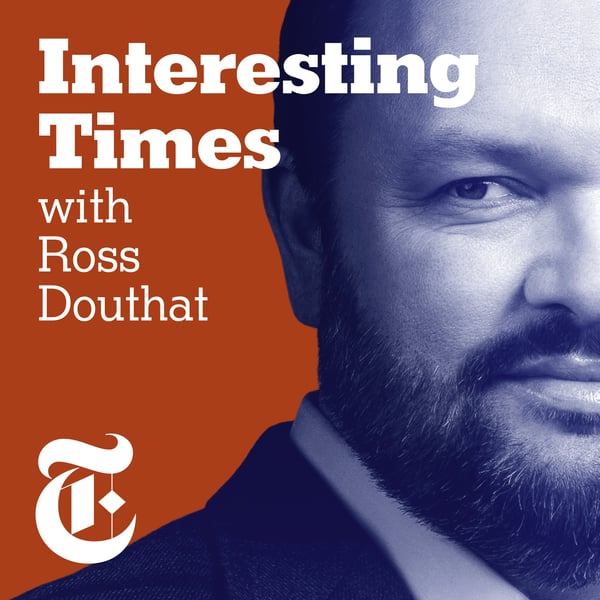Why Identity Politics Isn’t Working for Asian Americans
Matter of Opinion
New York Times Opinion
4.2 • 7.2K Ratings
🗓️ 17 November 2021
⏱️ 39 minutes
🧾️ Download transcript
Summary
Transcript
Click on a timestamp to play from that location
| 0:00.0 | Today on the argument, what does it mean to be Asian American? |
| 0:08.8 | If you walked up to somebody on the street and you said, what is an Asian American outstanding |
| 0:12.5 | there, they would point to me. |
| 0:13.8 | You know, or if I was standing there with some of my friends who are South Asian, I'd |
| 0:16.8 | say, which one of us is Asian? |
| 0:18.3 | I bet 90% of them would point to me. |
| 0:20.8 | Right now, that doesn't mean that that's right or wrong. |
| 0:23.3 | It's just to prove that the label is just so amorphous and so contextualized in that. |
| 0:28.5 | Now, it ultimately ends up being almost meaningless after all. |
| 0:32.6 | This is Jake S. Bean Kang. |
| 0:34.4 | You might know him for his work in the New York Times magazine, or his excellent Times |
| 0:38.2 | Opinion newsletter. |
| 0:39.7 | He writes about a wide range of topics, education, city policy, gambling, affirmative action, |
| 0:45.3 | but one thing he's been focused on for the last decade is his own identity. |
| 0:49.5 | Specifically, what it means to be Asian American. |
| 0:53.3 | I say that with air quotes, because to Jay, that identity is mostly meaningless. |
| 0:57.9 | Like, who falls under that banner and who doesn't? |
| 1:01.0 | Is it too broad a label trying to fit too many people underneath? |
| 1:05.3 | He's written a whole book about how he feels about the term. |
| 1:08.2 | It's called the Loneliest Americans. |
| 1:10.6 | And since it's publication, it's definitely pissed some people off. |
| 1:14.2 | Which, by the way, Jay's never been afraid to do. |
... |
Please login to see the full transcript.
Disclaimer: The podcast and artwork embedded on this page are from New York Times Opinion, and are the property of its owner and not affiliated with or endorsed by Tapesearch.
Generated transcripts are the property of New York Times Opinion and are distributed freely under the Fair Use doctrine. Transcripts generated by Tapesearch are not guaranteed to be accurate.
Copyright © Tapesearch 2025.

